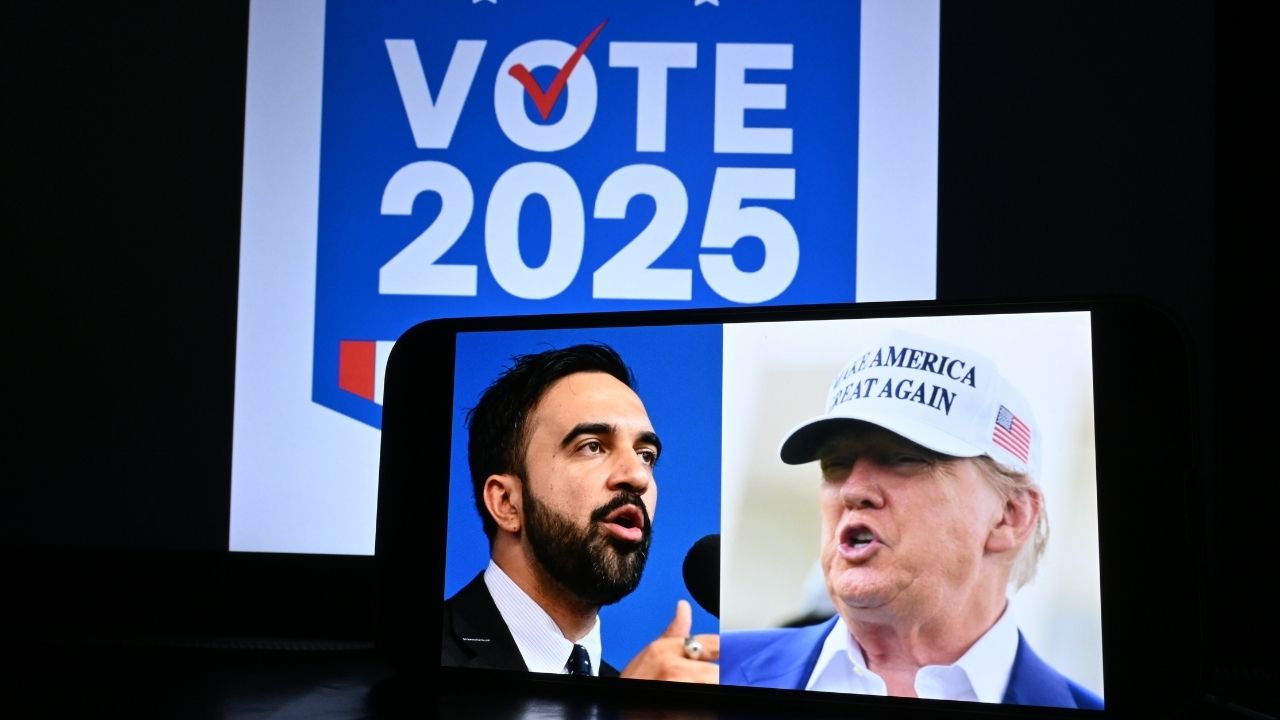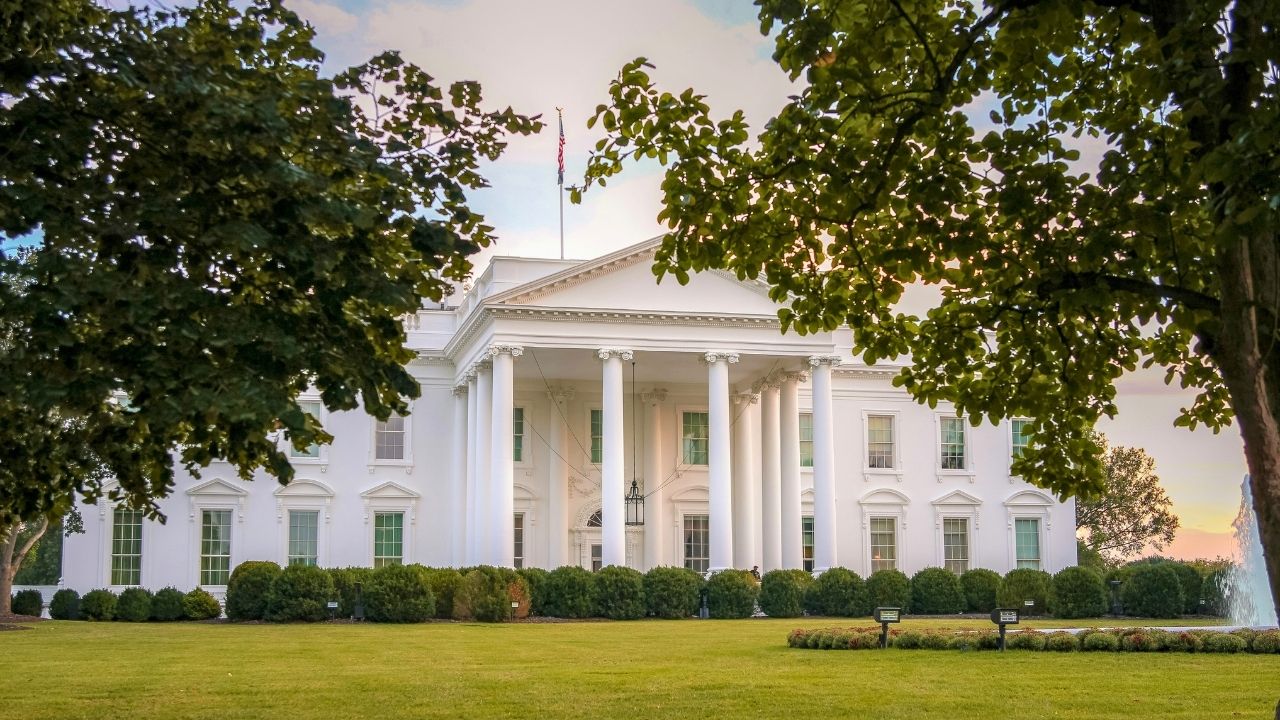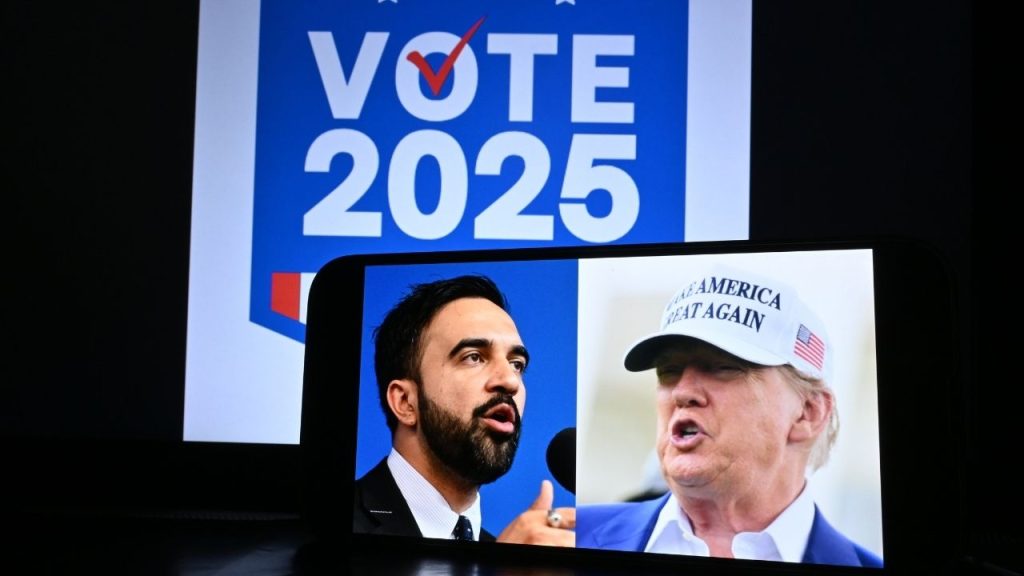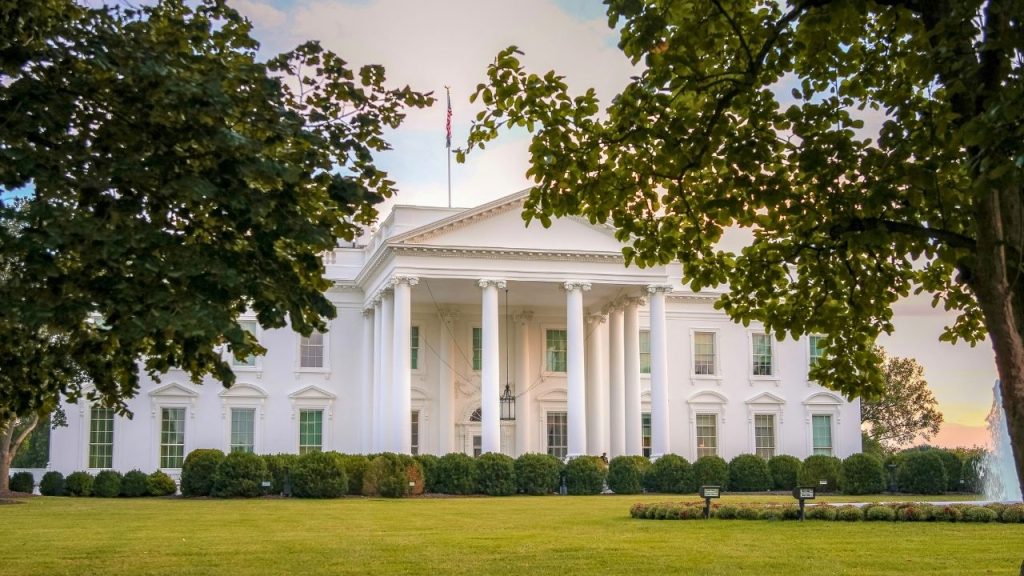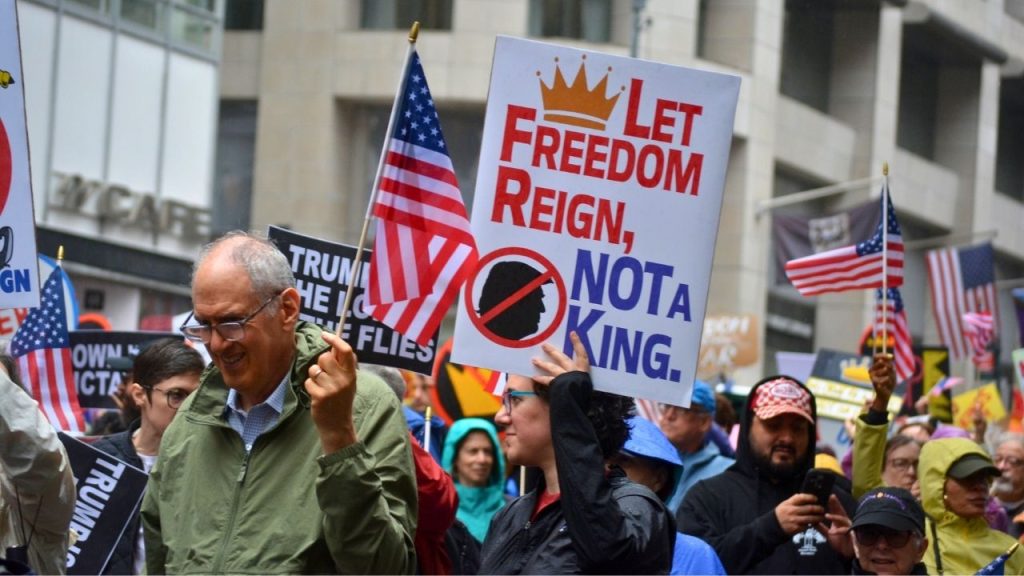During the memorial of Charlie Kirk, widow Erika Kirk’s speech delivered with the weight of immeasurable personal loss, leaned deeply into Christian theology. She forgave Tyler Robinson, the 22-year-old accused of killing her husband, and explicitly invoked Jesus’s command to love one’s enemies. She said:
“I forgive him because it was what Christ did, and it is what Charlie would do. The answer to hate is not hate. The answer we know from the Gospel is love and always love — love for our enemies and love for those who persecute us.”
These words gesture toward reconciliation, moral discipline over bitterness, and a refusal to be consumed by hate even in the face of a brutal, personal tragedy. Erika emphasized that Charlie’s mission was to reach young men including those who might oppose him or misunderstand him. She rejected vengeance: she did not want the man’s blood on her ledger, she said, preferring to trust in faith and the moral arc of justice rather than personal retaliation.
Her remarks lifted a message of unity, forgiveness, and compassion. A standard many religious traditions hold dear, particularly the Christian tradition she cited. They are also rare in political life, which so often rewards anger, division, and opposition.
Trump’s Speech: Martyrdom, Hatred, and Contradictions
Shortly after Erika’s speech, Donald Trump took the stage, offering a very different tone. He called Charlie Kirk “a great American hero” and “martyr for freedom,” framing the loss in terms of struggle, ideological conflict, and moral warfare.
Where Erika asked the audience (and the nation) to respond with love, faith, and forgiveness, even for one’s enemies, Trump did the opposite with respect to political opponents. He said:
“That’s where I disagreed with Charlie. I hate my opponent, and I don’t want the best for them. I’m sorry, Erika.”
Herein lies the contradiction. On one hand, Trump praises Charlie’s commitment to not hating opponents and to wanting the best for them: moral standards that align with Erika’s message. On the other hand, Trump explicitly rejects those standards for himself. He acknowledges that he differs from Charlie, and by extension, Erika’s hope in that he harbors antagonism toward his political foes.
When Love and Hate Share the Same Podium
The tension between Erika Kirk’s words and Donald Trump’s remarks at the memorial is more than a simple difference in tone. It represents two fundamentally different visions of what this moment should mean.
Memorials are often spaces where grief becomes collective, where mourners look for meaning and guidance in how to respond to tragedy. At Charlie Kirk’s memorial, those two paths were laid out side by side: one urging forgiveness and moral renewal, the other channeling anger into political resolve.
The collision of those messages was impossible to miss, and it raised difficult questions about the purpose of the gathering. Was it a moment to heal and reconcile, as Erika asked, or a moment to sharpen the lines of conflict, as Trump seemed to encourage?
Moral vs. Political Identity
Erika’s identity at the memorial is deeply moral, shaped by faith, suffering, love, and forgiveness. Trump’s identity is political, shaped by opposition, struggle, and the idea of being under siege.
These are different registers. One oriented toward reconciliation, the other to conflict. The juxtaposition forces one to ask: when politics intrudes into grief, what values take precedence?
Grief as a Crossroads
Memorials are often moral crossroads. Places where values are laid bare. In speaking about Charlie’s killing, both speakers are making claims not only about what happened but about what should happen: about what Charlie stood for and what we should carry forward.
Erika’s call is toward love. Trump’s call: “I hate my opponents.” That juxtaposition is not just rhetorical; it signals what each sees as the rightful path for his movement.
Authenticity vs. Rhetoric
Many people will judge both emotional authenticity and consistency. Erika’s words come from sorrow and faith and a role thrust upon her. Trump’s declarations are political and provocatively antagonistic.
There is something raw and unfiltered about someone saying they hate their opponents; it clashes sharply with a more elevated, theological message. For some, the clash will seem hypocritical; for others, refreshingly honest.
Implications for the Broader Discourse
Erika’s forgiveness followed by Trump’s avowal of hatred serves as a microcosm of U.S. political culture right now. On one side, there are those calling for compassion, unity, and seeing opponents as people; on the other, a significant strain of politics that defines itself by its adversaries, its enemies, its battles.
The tension reveals how memorials or tragedies can become stages not just for mourning but for political positioning.
A Clash of Messages
Erika’s call for love, Erika’s forgiveness of the man who killed her husband; Donald Trump’s avowal that he hates his political opponents is more than just a moment in a speech. It is emblematic of the crossroads at which U.S. political culture finds itself, between grace and grievance, empathy and enmity, unity and division.
Erika Kirk’s stance offers a vision of what might be possible. A way of responding to violence. Not by amplifying antagonism, but by embracing values that transcend it. Trump’s words, however, signal that in the current political moment many on the conservative side believe that opposition must be not just resisted, but reviled.
The memorial thus becomes a tableau of conflicting Americana. One tableau asks, what would it mean to lead with grace; the other insists we are defined by who we oppose.
Photo Credit: Donald Trump and Charlie Kirk (miss.cabul/shutterstock)

